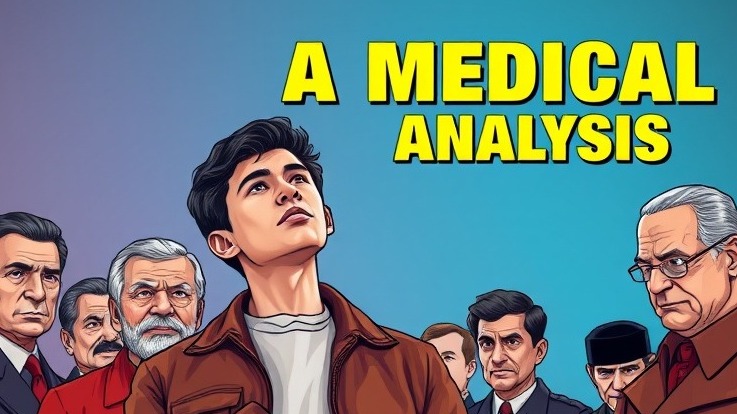
Understanding the Roots of America's Medical Training Crisis
The landscape of medical training in the United States is at a critical juncture, presenting a set of challenges that threaten to undermine the future of healthcare. As medical professionals, educators, and policymakers engage in discussions about reform, the implications of these challenges extend far beyond medical institutions—they touch the lives of future patients and the broader healthcare system.
Why Is Medical Training Falling Short?
The current medical training pipeline is facing intense scrutiny for several reasons. One significant factor is the increasing disconnect between medical education and the realities of medical practice. Medical schools often focus heavily on theoretical knowledge rather than practical skills, leading to graduates ill-prepared for the complexities of patient care. Moreover, there is a pressing need for integration of more diverse perspectives and experiences within medical curricula to reflect the populations that future physicians will serve.
Psychological Impact: The Student Experience
The pressure on medical students has become a topic of concern, compounded by the financial burdens of medical education and the rigors of training. Students often face significant stress, leading to burnout and mental health struggles. A recent survey highlighted that nearly 50% of medical students express feelings of burnout, which not only impacts their educational experience but can also affect their future relationships with patients. Understanding the mental health challenges within the training pipeline offers pathways to interventions that can foster resilience in future healthcare providers.
Diverse Perspectives: A Necessary Conversation
To address some of these training inadequacies, how can we ensure the inclusion of diverse perspectives in the medical curriculum? Engaging students from various backgrounds and teaching culturally competent care is vital for improving patient outcomes. As healthcare becomes more globalized, the need for training that encompasses all aspects of societal health is becoming increasingly apparent. This requires a willingness from educational institutions to reevaluate their teaching methods and standards considerably.
Future Predictions: A Call for Innovative Solutions
The future of medical training depends not only on revising curricula but also finding innovative solutions to emerging challenges, such as technological advancements in healthcare. For instance, medical schools can incorporate simulation-based learning and integrative technology into training methodologies to create real-world scenarios. Such practical applications can significantly enhance learning and prepare students for modern healthcare environments.
Actionable Insights: Steps for Improvement
To rally support for overhauling the medical training pipeline, several actionable steps can be considered:
Integrating mental health resources into medical training programs.
Creating mentorship programs that pair students with seasoned practitioners.
Advocating for education policy reform that grants funding for diverse medical education initiatives.
These steps not only aim to alleviate the burdens on students but can also promote a more inclusive future in healthcare.
A Conclusion Worth Noting
The future of healthcare hinges on the quality and comprehensiveness of medical training. By addressing the challenges within the pipeline today, educators and stakeholders can pave the way for a healthcare system that is both innovative and equipped to meet the needs of all constituents. As the dialogue continues, it is essential for us to recognize the critical role we play in shaping the future of medical education. How will you contribute to this necessary conversation about our healthcare system's future?
 Add Row
Add Row  Add
Add 




Write A Comment